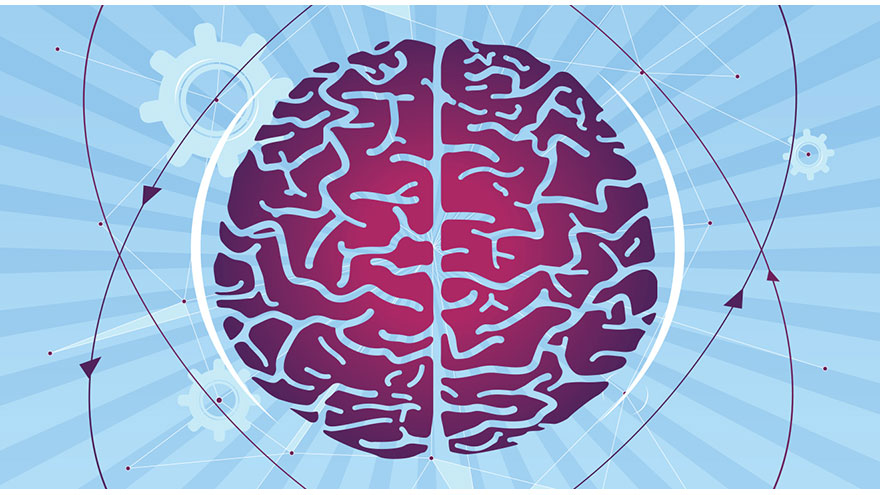Magnesium & Brain Cancer
In the United States, brain cancer affects every 15 to 20 people out of 100,000, according to Health Communities, a health resource site. Magnesium’s role in maintaining normal bodily functions enables healthy cell regeneration processes. Alternative treatment approaches consider the effects of magnesium deficiencies on how cancer cells form in the body.

Brain Cancer
As with other forms of cancer, brain cancer can originate within the brain or take root somewhere else in the body and spread to the brain, according to Emedicinehealth. Cancer can develop in cells damaged by accumulated free radical materials, causing malfunctions within cell metabolism processes.
According to the National Cancer Institute, free radicals act as toxic materials that deteriorate cell structures over time. Deficiencies in magnesium and other essential minerals may enable free radical materials to accumulate in cells.
Magnesium Functions
The body uses magnesium to breakdown carbohydrates, proteins, amino acids and nucleic acids within cell metabolism processes, according to the Magnesium Online Library. These processes enable cells to maintain structural stability and cell cycle functions. Within the brain, magnesium acts as a source of biochemical energy that promotes healthy cell function and the elimination of free radical materials, according to the National Institutes of Health.
A magnesium deficiency can prevent brain cells from carrying out needed metabolism and elimination processes, which can contribute to the formation of cancer cells.
Cell Cycle Regulation
Cell cycle regulation processes enable the body and brain to eliminate weak or damaged cells, which can potentially produce more cells of the same kind. Cell production occurs through DNA synthesis processes, which work to regulate cell division rates.
According to the Magnesium Online Library, magnesium plays a primary role in regulating cell cycle processes involving DNA synthesis activities. As rapid cell division rates characterize cancer cell formations, magnesium deficiencies can contribute to defects in cell cycle regulation processes.
Nerve Cell Function
According to the University of Washington, the brain consists of 100 billion neurons, also known as nerve cells. Nerve cells rely on magnesium to regulate electrical activity throughout the brain. Electrical activity enables cells to conduct impulses, which promotes communication between the cells.
According to Medical News Today, low magnesium levels may cause brain processes to deteriorate, resulting in memory loss and slow cognitive function. Electrical activity also enables normal metabolism and elimination functions, which prevents cell structures from deteriorating.
Alternative Treatment Therapy
The use of magnesium as an alternative treatment for brain cancer appears in the work of Dr. Otto Warburg, who won two Nobel prizes for his research on oxygen therapy treatments. According to the European Journal of Clinical Nutrition, oxygen therapy uses free oxygen materials to eliminate cancer cells and disrupt cell production rates.
Cancer cell production processes rely solely on glucose as a means for energy, while most other cells in the body rely mostly on oxygen as an energy producing material. Oxygen therapy exposes affected cells to oxygen, which disrupts activity within the cell and can potentially kill off the cell altogether.
Magnesium peroxide–one of the materials used to administer oxygen therapy treatments–makes use of magnesium’s ability to increase cell membrane permeability, which enables oxygen molecules to enter affected cells. As with many alternative treatment methods, oxygen therapy has not received FDA approval as an effective cancer treatment.

